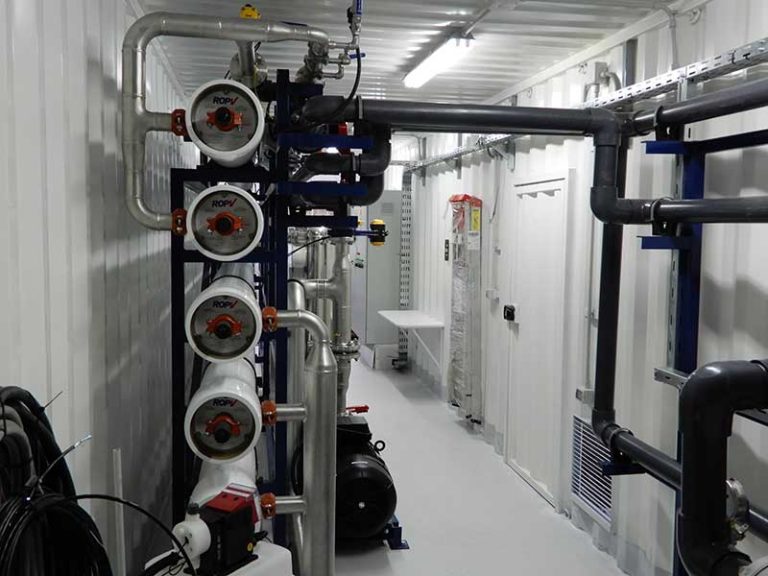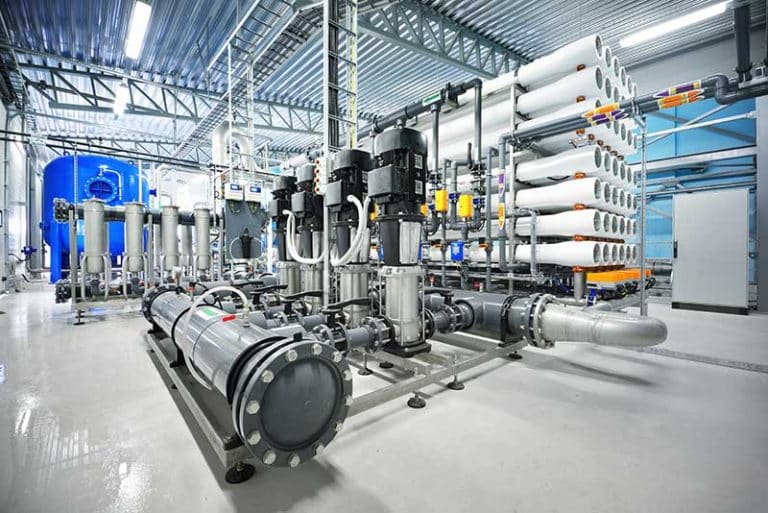Nanofiltration is a specialized membrane filtration process that operates at the nanometer scale, allowing for the selective separation of particles and molecules based on size and charge.
Nanofiltration, which functions as a specialized form of either filtration or desalination, offers distinct advantages in water treatment processes.
Unlike conventional filtration methods, nanofiltration operates at a molecular level, selectively removing ions and small organic molecules while allowing water molecules to pass through.
Nanofiltration membranes have smaller pore sizes compared to those used in microfiltration and ultrafiltration, typically ranging from 1 to 10 nanometers. This selective permeation allows nanofiltration to remove not only bacteria and viruses but also smaller dissolved substances such as organic molecules, and certain ions.
This makes nanofiltration highly effective in water purification processes, especially in treating some cases of brackish water, removing hardness ions, and concentrating valuable compounds in industrial applications. Nanofiltration is also used in wastewater treatment, pharmaceutical production, food and beverage processing, mining and various other industries that require precise separation and purification of substances. In addition, it consumes less energy than reverse osmosis and enables high permeate flux rates.





















